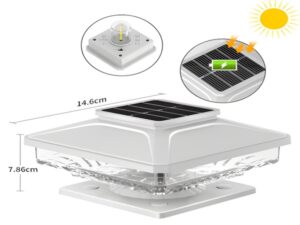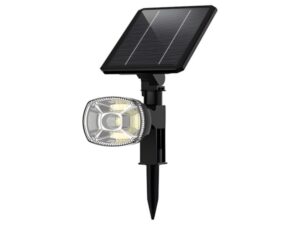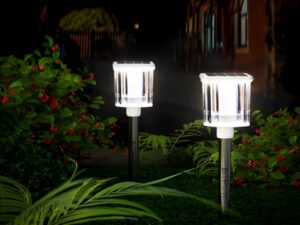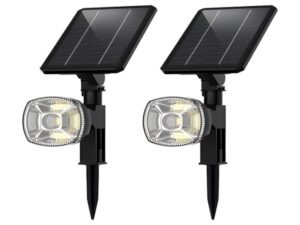

Solar street lights are very safe and convenient products. Compared to ordinary grid power, solar street lights offer numerous benefits. They do not require digging and laying wires, saving time and labor, and avoiding potential accidents such as electric shocks and fires. Additionally, because they utilize solar energy, they are energy-efficient and environmentally friendly, providing an inexhaustible source of power, making them extremely convenient. However, many people may wonder whether solar street lights can function normally on cloudy, rainy days. In response to this question, the following is an introduction by Century Sunshine Lighting.
Firstly, the batteries in solar street lights have the ability to store electrical energy. They can absorb sunlight through solar panels and store this energy in batteries. As a result, when the solar panels can no longer absorb sunlight at night, the controller will notify the battery to supply power to the solar light. The ability of solar lights to operate during cloudy and rainy days is also related to the storage capacity of the batteries; the larger the battery and solar panel, the more energy they can store.
Additionally, there is a smart controller within solar street lights. If there are several cloudy or rainy days and the solar panels cannot absorb sunlight, the smart controller will reduce its discharge losses to ensure that the lights can last through multiple cloudy days. This type of controller is quite convenient, ensuring that solar street lights can still function normally in rainy weather.
For areas with frequent rainy days, it is advisable to increase the overall configuration slightly to ensure that solar street lights can operate effectively even during multiple cloudy days.

In conclusion, regarding the question of whether solar street lights can operate normally on rainy days, it’s important to note that both the solar lights and their electrical systems are designed with waterproof features and include batteries for energy storage. The design inherently considers the possibility of rainy conditions, so solar street lights can work even on rainy days.



